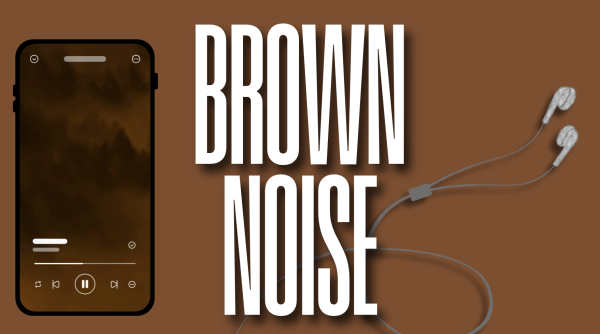Lil Peep’s “Everybody’s Everything” Is Raw
Posthumous albums almost always result in mixed reactions. While some fans are grateful that their favorite artists can live on in music, others feel that these releases are unethical and exploit the artist’s legacy.
This debate is especially relevant in the case of Lil Peep. Before his life was tragically cut short by an accidental drug overdose at age 21, Lil Peep took an independent approach to stardom and opted to release his music without much help from the industry. For this reason, many fans were critical of the decision of his label, Columbia Records, to release his first posthumous album a year after his death in 2018. Despite the controversy over this first release, Lil Peep’s second posthumous album, “Everybody’s Everything,” was released on the second anniversary of his death, Nov. 15.
While last year’s release centered around Lil Peep’s dark, depressive thoughts about death and self-destruction, the main theme of “Everybody’s Everything” is unrequited love. This more tender, vulnerable side of Lil Peep offers a new direction of the late rapper’s typical style of emo rap, the genre he pioneered during his short lifetime. His trademark blend of Nirvana-type rock riffs, disaffected lyrics and auto-tuned rap is still evident throughout the album, though, and reminds listeners of the trailblazing musician’s legacy.
The album may sound largely familiar to many of Lil Peep’s devout fans, while still surprising them with a few unheard tracks. Former SoundCloud hits such as “ghost boy,” “cobain,” “white tee” and “witchblades” are now available on all streaming services, harking back to the debate over the money-grabbing approach of posthumous releases.
Many of the previously unreleased tracks, such as “RATCHETS,” fall short of Lil Peep’s full potential, sounding more like rough demos and relying on uninspired clichés. “AQUAFINA,” especially, lacks Lil Peep’s refreshing self-awareness, as it is driven by trite drug references and generic production. These unreleased songs are supported by Rich the Kid, Gab3, Diplo and Lil Tracy, yet the featured guests fail to provide many memorable moments and instead feel as if they are just there to take up space on Peep’s short demos.
A few of these new songs, however, do provide glimpses of Lil Peep’s brilliance. “PRINCESS,” for example, combines Lil Peep’s soulful lyrics with unique production from long time collaborator Cold Hart under his producer name Jayyeah. On the sublime track, Lil Peep croons, “I don’t know what I’d do without you / Lonely sunsets without my princess / Send me one text, so I can get some rest.” “Text Me” also beautifully blends rap and raw emotion with one of the project’s most touching features from Young Era.
The original version of “I’ve Been Waiting,” a collaboration with iLoveMakonnen, is also one of the album’s strong points and is a definite upgrade from the previously released version of the song featuring Fall Out Boy.
The album’s true highlight is the acoustic version of “walk away as the door slams,” which lends an even stronger air of desperation to the emo song. Set against an urgent guitar instrumental, Lil Peep reminds listeners why they fell in love with his music in the first place, as he taps into the universal pain and agony of existence. “I just wanted to help, now I’m going to hell,” Lil Peep sings about his own pain, tapping into hurt, hope and confusion. When the production is stripped away, all that is left is Lil Peep’s bare voice, cracks and all.
Nothing is more satisfying than moments like “walk away as the door slams” in which Lil Peep’s voice is showcased in its rawest form. “Everybody’s Everything” offers only a few of these captivating moments and leaves listeners clinging on to the fleeting mastery of Lil Peep’s unmatched artistry.
However, the lackluster moments on the album do not tarnish Peep’s legacy. Rather, they make the sad yet beautiful moments on the album stand out even more. In releasing more music, Lil Peep’s estate must focus more on honoring his legacy rather than tacking on sub-par features for monetary gain.
Despite its shortcomings, “Everybody’s Everything” ultimately proves what Lil Peep was capable of as an artist and is a reminder of the immense stardom he could have achieved.













































































































































































































